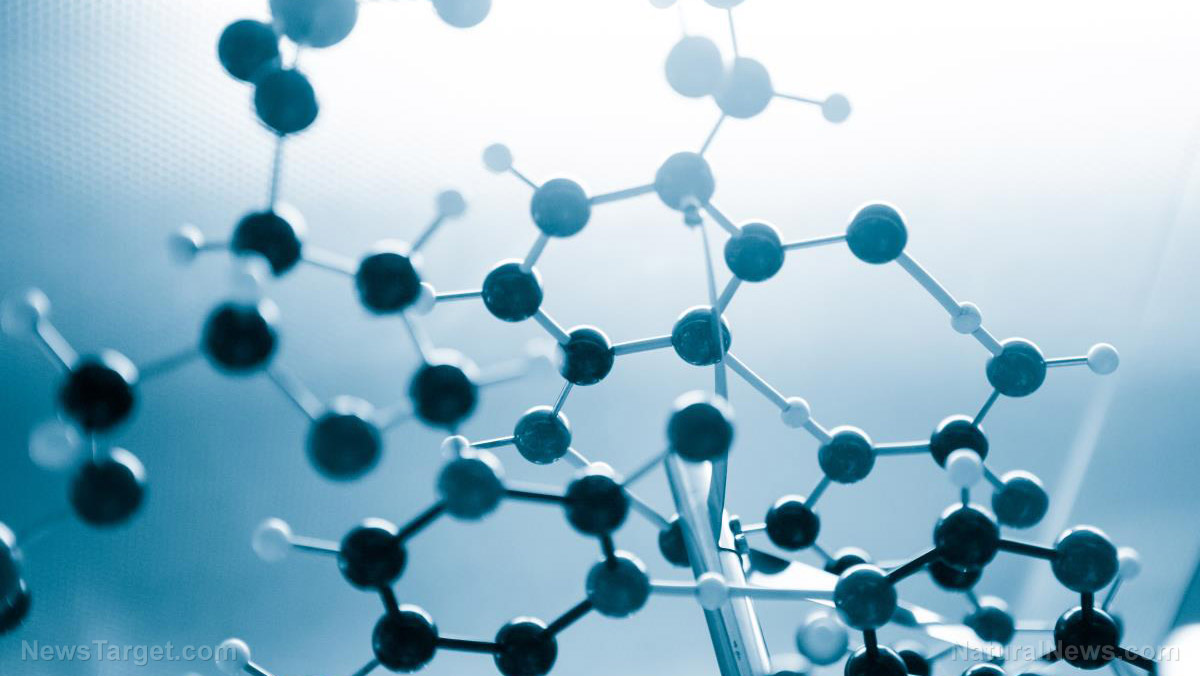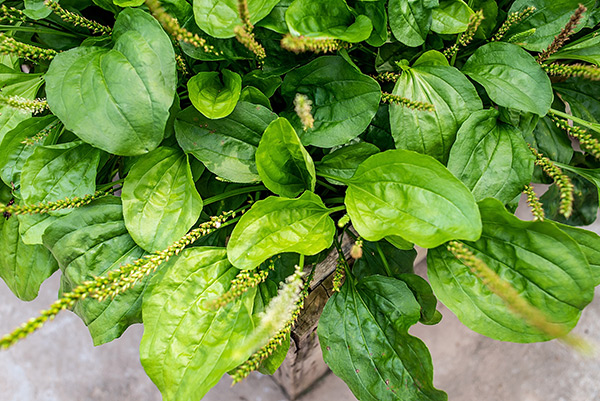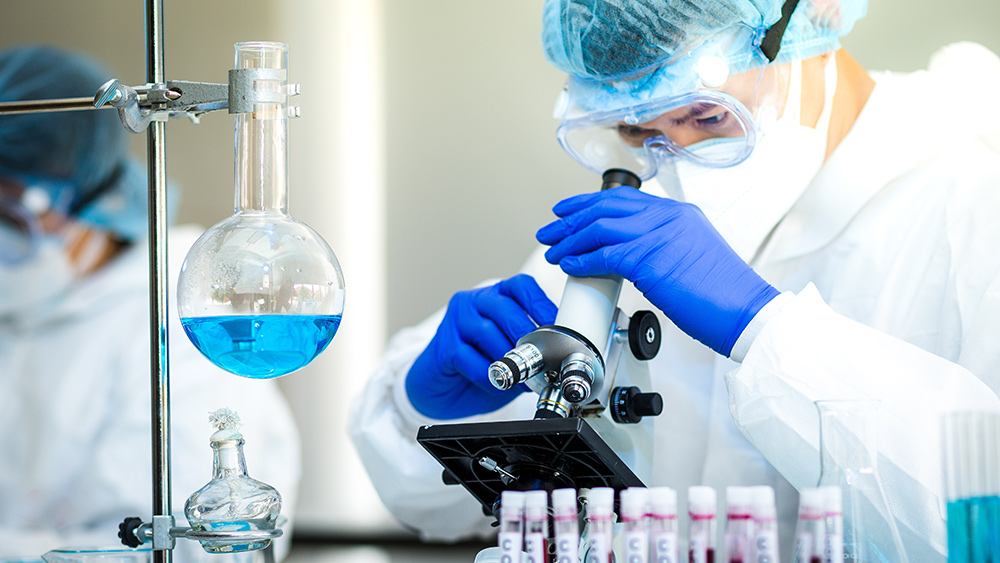Bacteriocin produced by Lactobacillus bacteria can be used as biopreservative
02/02/2021 / By Evangelyn Rodriguez

In recent years, awareness about the negative effects of food additives has increased among consumers, especially in the United States. A push for a healthier diet, with emphasis on clean, whole foods, has also led to a rise in the demand for less-processed foods and foods that contain little to no additives.
Manufacturers use additives to improve the quality of their products. For instance, emulsifiers hold ingredients together and enhance the taste and appearance of food. Preservatives, meanwhile, help prevent or delay food spoilage that’s caused by microbes. While commonly used preservatives like sodium benzoate and potassium sorbate extend the shelf life of foods by suppressing the growth of fungi and bacteria, they, unfortunately, cause plenty of unintended side effects. (Related: 6 Food preservatives with negative side effects and how to avoid them.)
Sodium benzoate forms benzene when it reacts with vitamin C. Benzene has been linked to different types of cancer, such as acute lymphocytic leukemia (ALL), chronic lymphocytic leukemia (CLL), multiple myeloma and non-Hodgkin lymphoma. Potassium sorbate is also considered a possible human carcinogen by the International Agency for Research on Cancer, an intergovernmental agency that forms part of the World Health Organization (WHO). While this additive is now banned in Europe, it is still in use in the United States.
Because of calls to stop the use of chemical preservatives, researchers have begun investigating naturally derived alternatives with antimicrobial properties. Known as biopreservatives, these promising agents come from various natural sources, such as plants, animals and even microorganisms. Some of the most widely studied biopreservatives include essential oils, enzymes and antimicrobial peptides called bacteriocins. Bacteriocins are toxins produced by bacteria to restrict the growth of closely related bacterial strains. These bacterial products have recently gained traction for their potential as natural food preservatives.
In a recent study, researchers at the Bannari Amman Institute of Technology in India investigated the prevalence of Gram-positive and Gram-negative bacteria in commercial foods. Their main objective is to identify a lactic acid bacterium that produces a potent bacteriocin capable of preventing food spoilage. Lactic acid bacteria (LAB) present the best sources of biopreservatives because of their role as probiotic organisms that are commonly used in fermented foods.
The researchers reported their findings in an article published in the International Journal of Green Pharmacy.
Researchers identify LAB that produces bacteriocin with high antibacterial activity
A total of 389 commercial food samples were selected for the study. These included meat products, fish products, milk and dairy products, raw vegetables, bakery products, beverages and fermented rice products. The researchers obtained these samples from randomly selected local retail shops and supermarkets in the Salem, Erode, Tirupur, Namakkal and Coimbatore districts of Tamil Nadu in southern India.
Before injecting these in various enrichment broths and selective media, the researchers first made serial dilutions of the food samples. They then incubated the samples aerobically and anaerobically to encourage microbial growth. The researchers performed streaking and re-streaking on various selective agar media until pure bacterial cultures developed. These microorganisms were then subjected to morphological examination and biochemical tests for identification.
The researchers confirmed the presence of 688 bacteria in various commercial food products. These included:
- Escherichia coli (22.1 percent)
- Listeria (21.1 percent)
- Aeromonas sp. (18.5 percent)
- Clostridium sp. (17.9 percent)
- Staphylococcus sp. (16.5 percent)
- Lactobacillus sp. (15.9 percent)
- Streptococcus sp. (13.9 percent)
- Bacillus sp. (13.6 percent)
- Enterobacter sp. (11.1 percent)
- Salmonella enterica (10 percent)
- Klebsiella sp. (8.5 percent)
- Enterococcus sp. (7.7 percent)
They reported that bacteriocins isolated from some Lactobacillus species, namely, L. acidophilus, L. casei, L. lactis and L. plantarum, all showed good antibacterial activity against food spoilage- and bovine mastitis-causing bacteria. Of the four bacteria, L. plantarum produced the most effective bacteriocin and the best biopreservative candidate.
Based on these findings, the researchers concluded that Lactobacillus bacteria, especially L. plantarum, can be of use in the food industry because of their ability to produce antimicrobial peptides like bacteriocins. Bacteriocins could be used as biopreservatives, as well as natural agents for controlling many disease-causing pathogens.
Sources include:
GreenPharmacy.info [PDF]
Tagged Under: antimicrobial peptide, bacteriocin, clean food, cool science, food safety, food science, food spoilage, grocery, Lactobacillus, natural antibiotics, Natural Preservative, prevention, research
RECENT NEWS & ARTICLES
COPYRIGHT © 2018 BREAKTHROUGH.NEWS
All content posted on this site is protected under Free Speech. Breakthrough.news is not responsible for content written by contributing authors. The information on this site is provided for educational and entertainment purposes only. It is not intended as a substitute for professional advice of any kind. Breakthrough.news assumes no responsibility for the use or misuse of this material. All trademarks, registered trademarks and service marks mentioned on this site are the property of their respective owners.





















